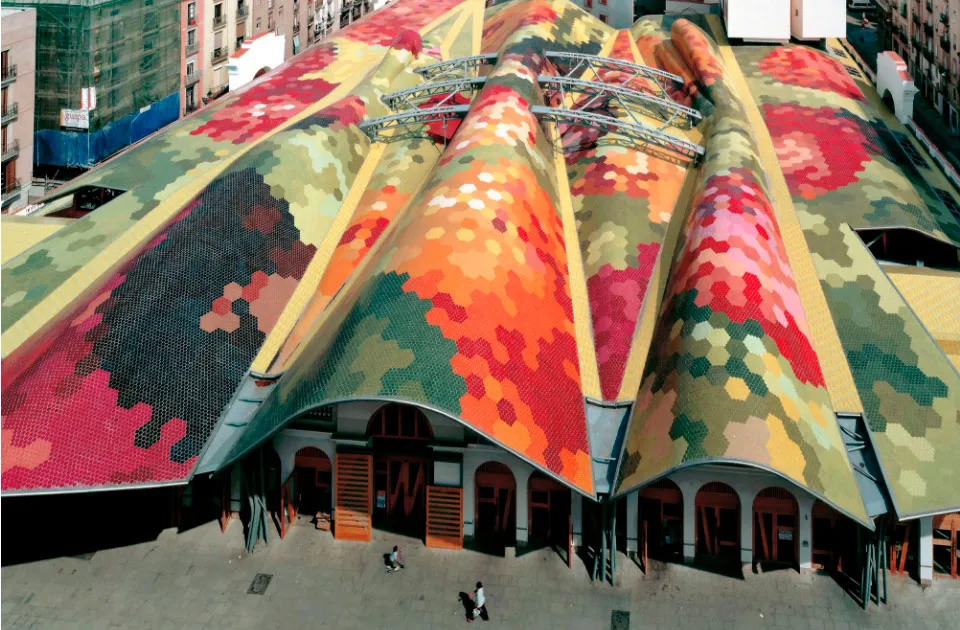Barcelona
A global capital, a cycling city
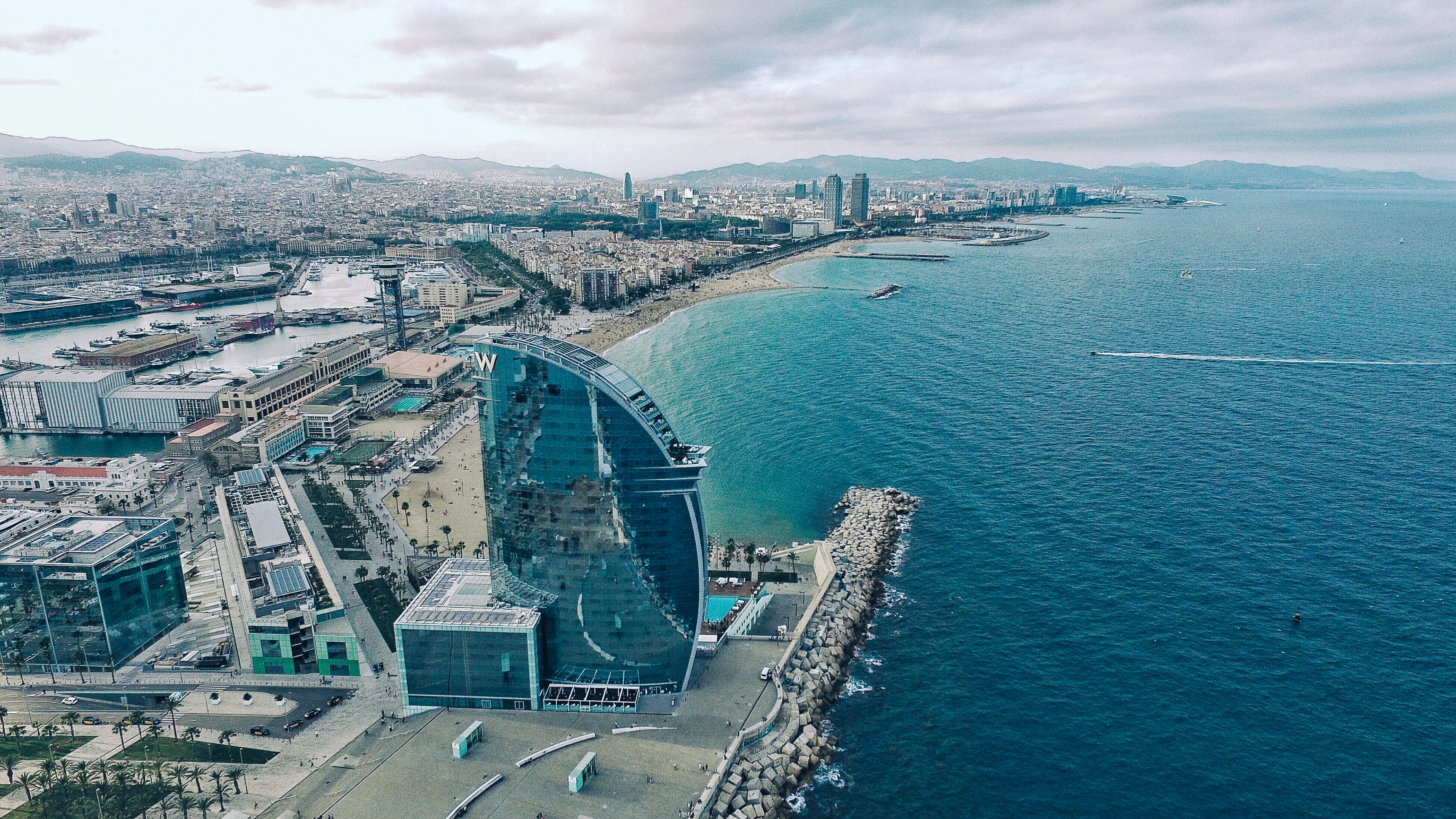
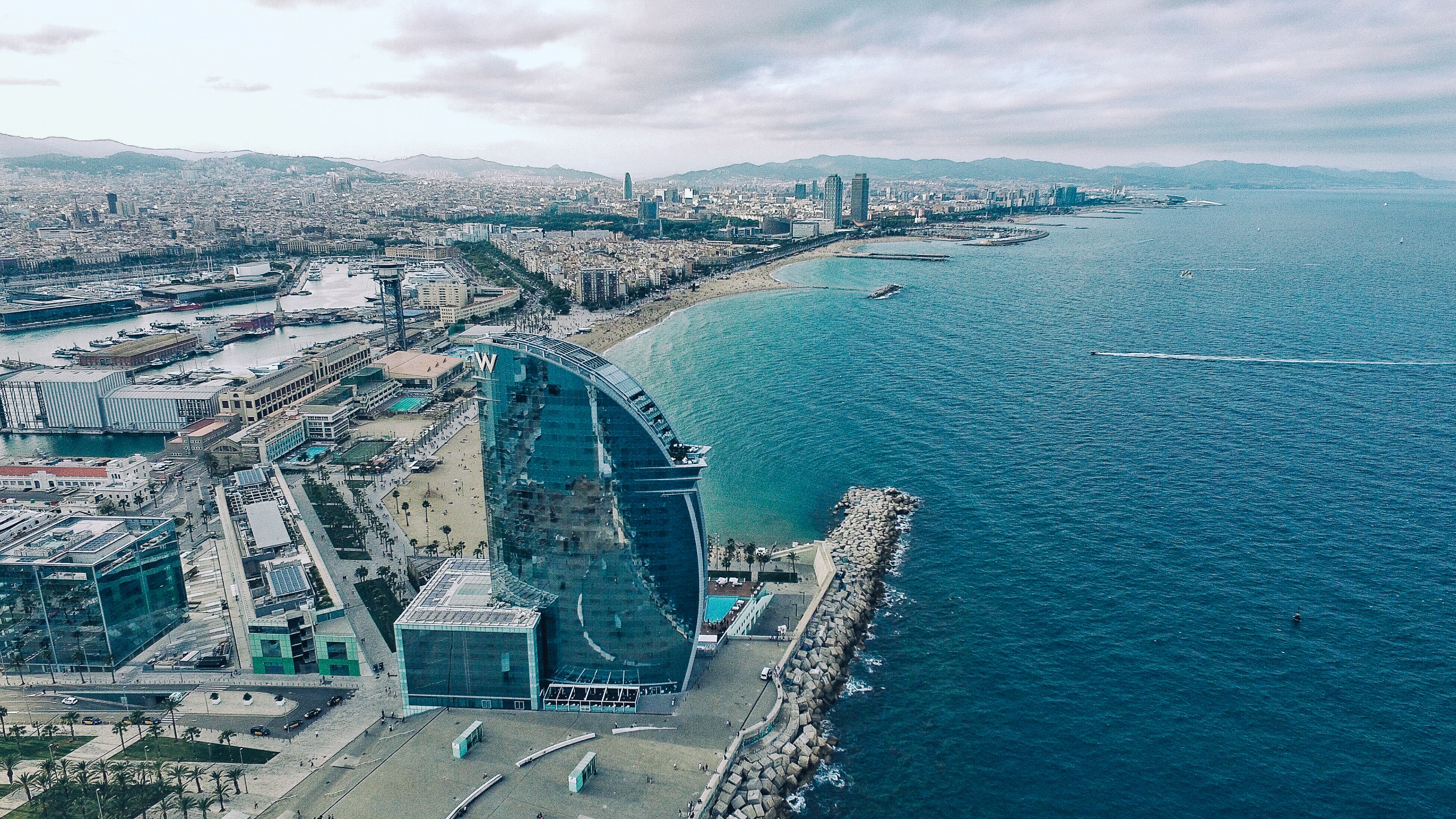
Barcelona, the starting point for the 2026 Tour de France™, is one of the most vibrant and popular cities in the world. Located between the sea and the mountains, it features an exceptional balance between nature, history and urban buzz.
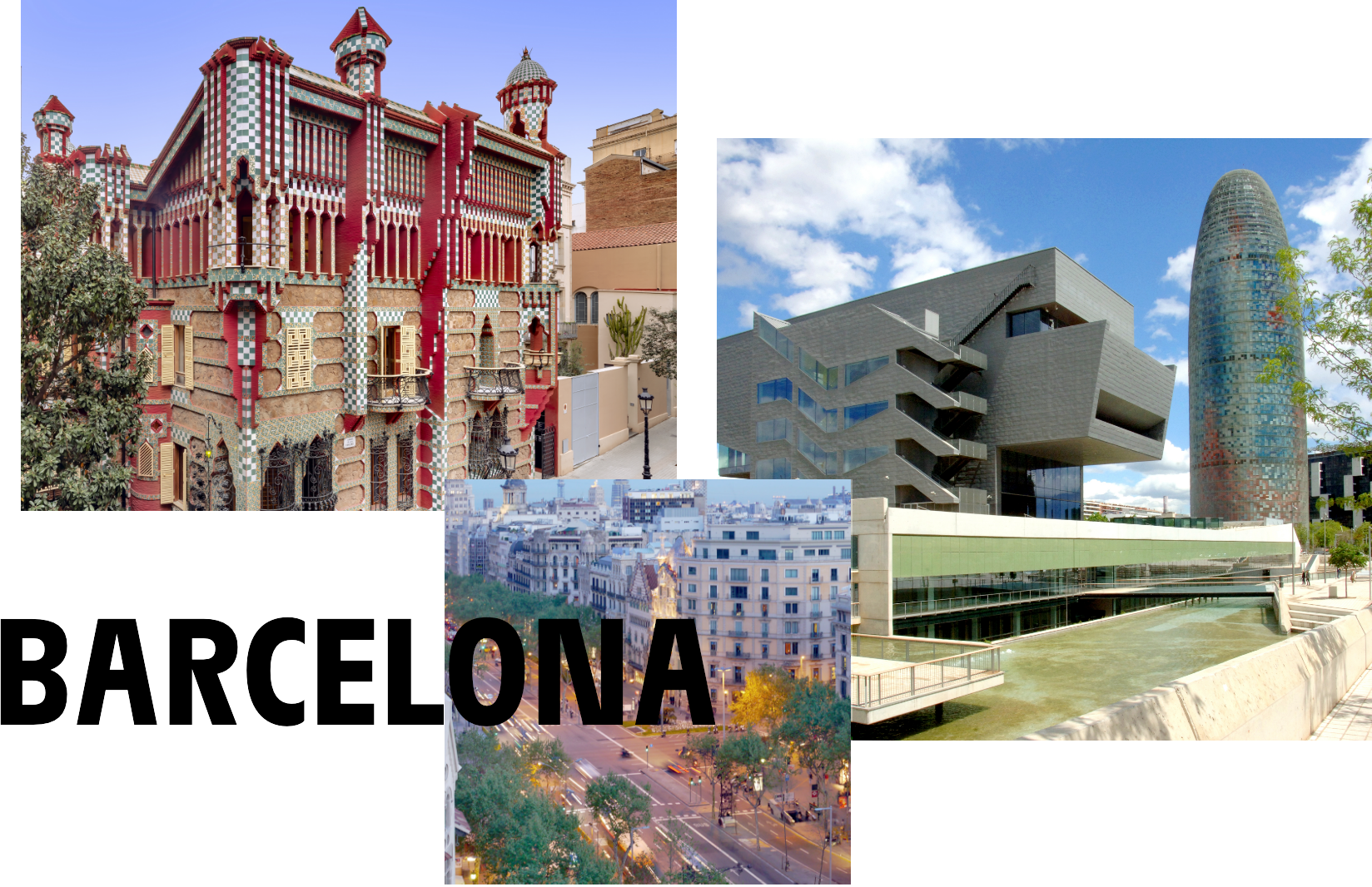
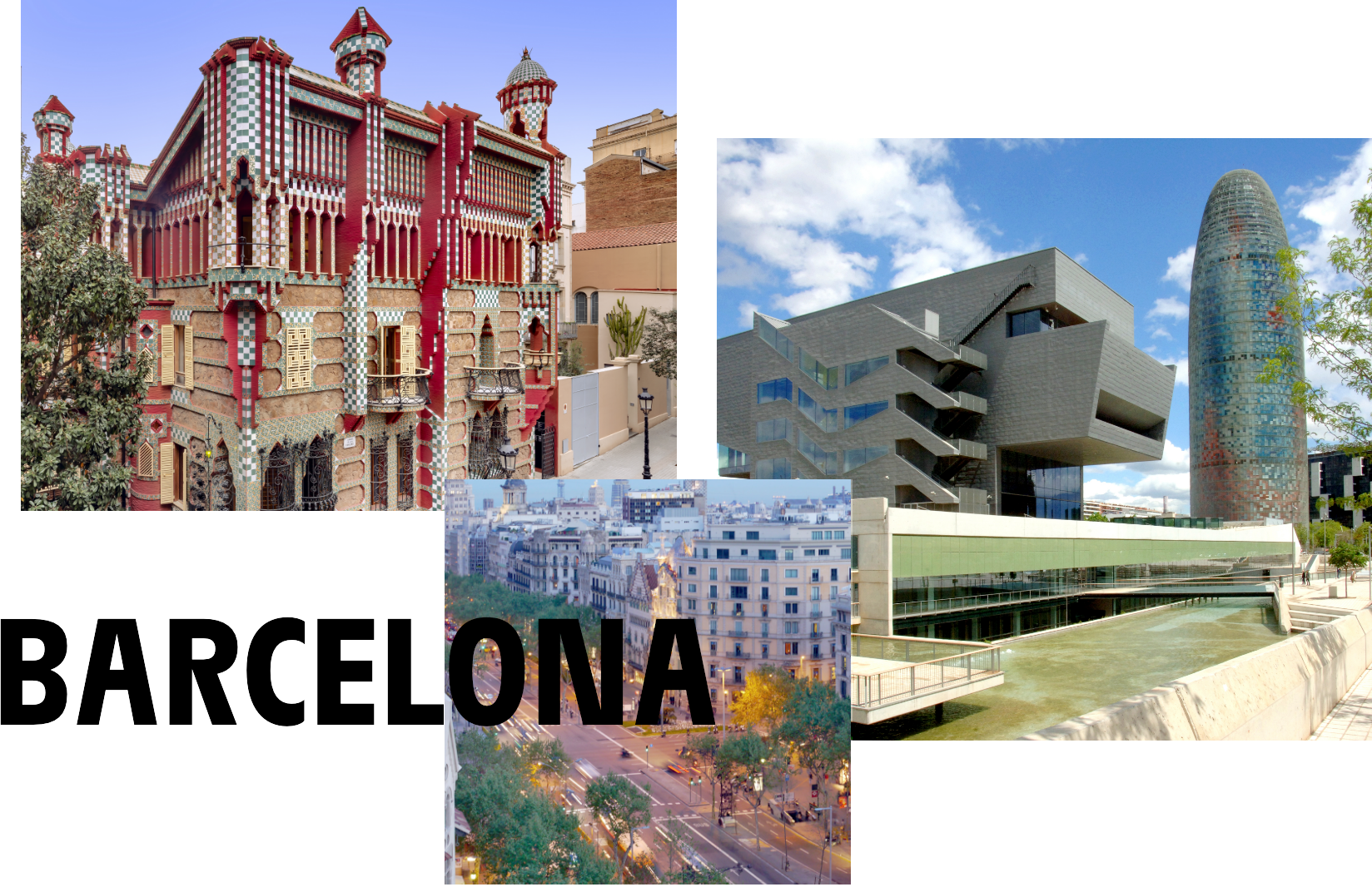
A city of major sporting events
Barcelona has become a world capital of sport and a magnet for major sporting events. With the 2026 Tour de France™ Grand Départ, it will become the only city in the world to have hosted the World Cup (1982), the Olympics and Paralympics (1992), the America’s Cup (2024) and the start of the Tour. These international events have driven the progress and transformation of Barcelona, a unique, global, diverse and dynamic city that is also committed to promoting sport in the city through a network of municipal sports facilities and holding sporting activities and events in the city.
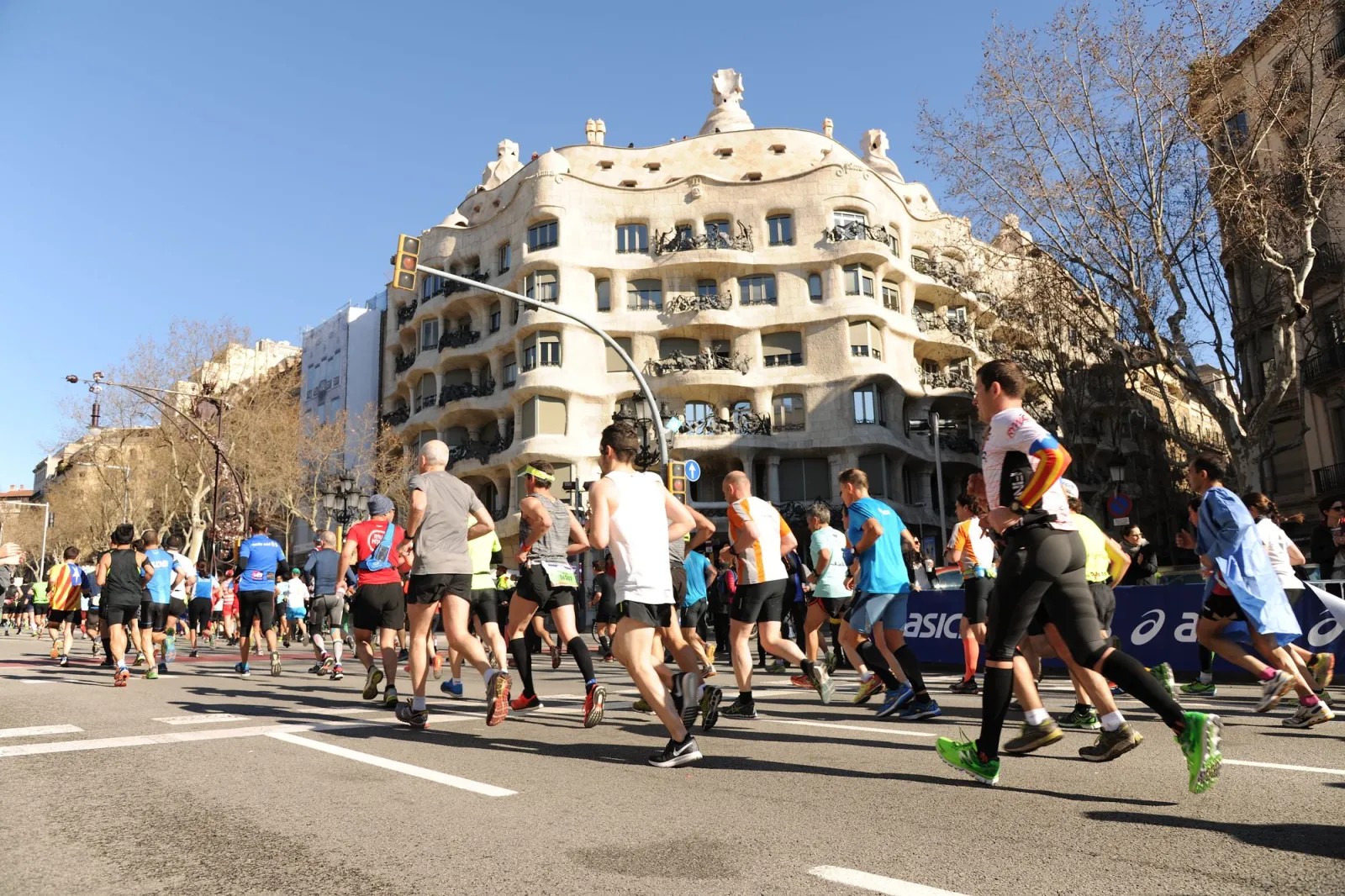
Neighbourhood identities
Barcelona is a decentralised city, with neighbourhoods that maintain their own history and identity. Gràcia, El Born, El Raval, El Poblenou and Sants are examples of urban diversity and social vitality.
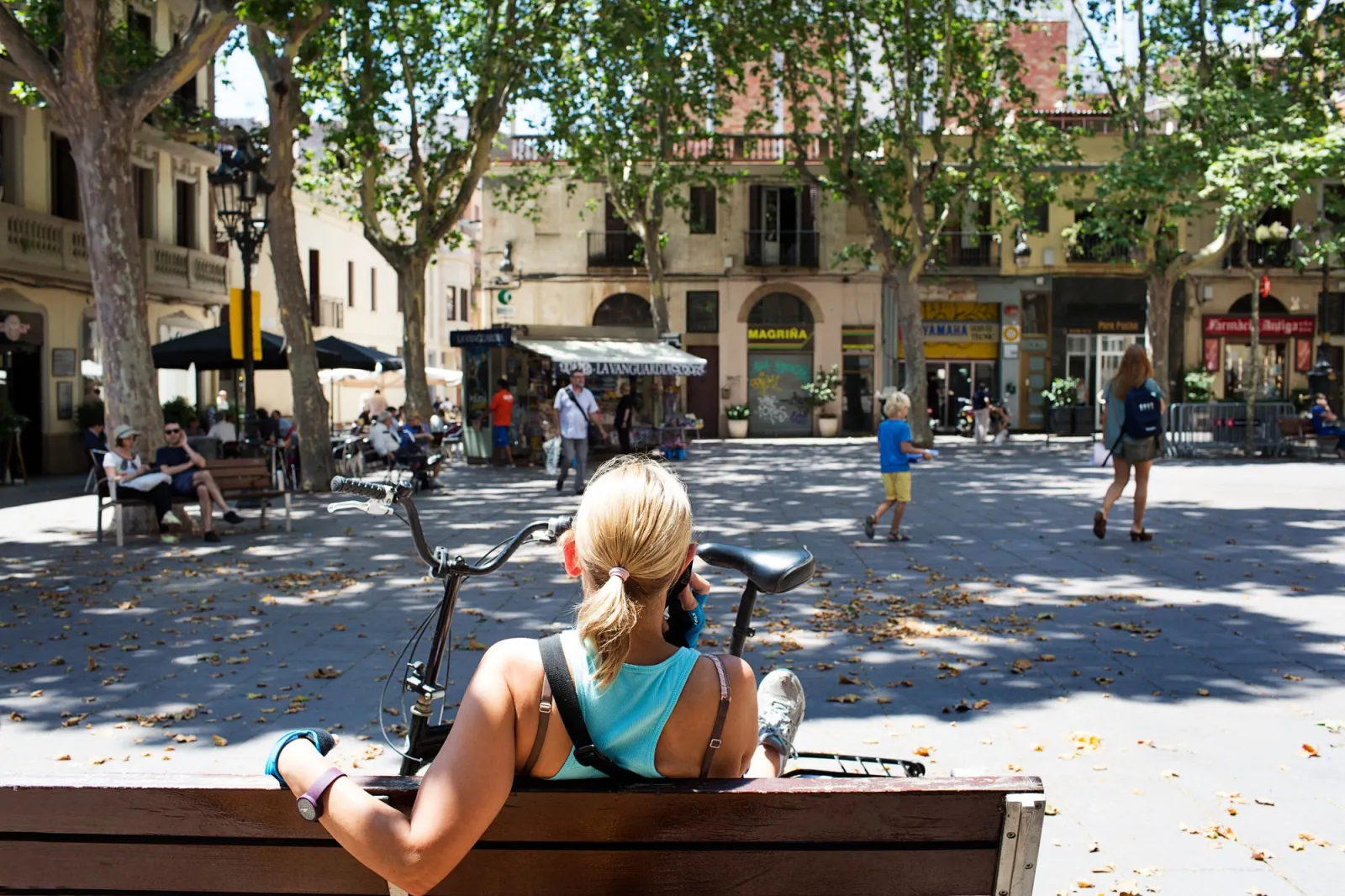
Architecture with personality
Barcelona lives and breathes architecture. Its beautiful, unique buildings, its care for its historic heritage and its constant dedication to accessible and inclusive public spaces make it an international role model, as evidenced by its recognition by UNESCO-UIA as the 2026 World Capital of Architecture. Exploring Barcelona is an opportunity to enjoy one-of-a-kind architecture, from the Roman legacy in the Barri Gòtic to Catalan modernisme, with figures such as Antoni Gaudí, Lluís Domènech i Montaner and Josep Puig i Cadafalch.
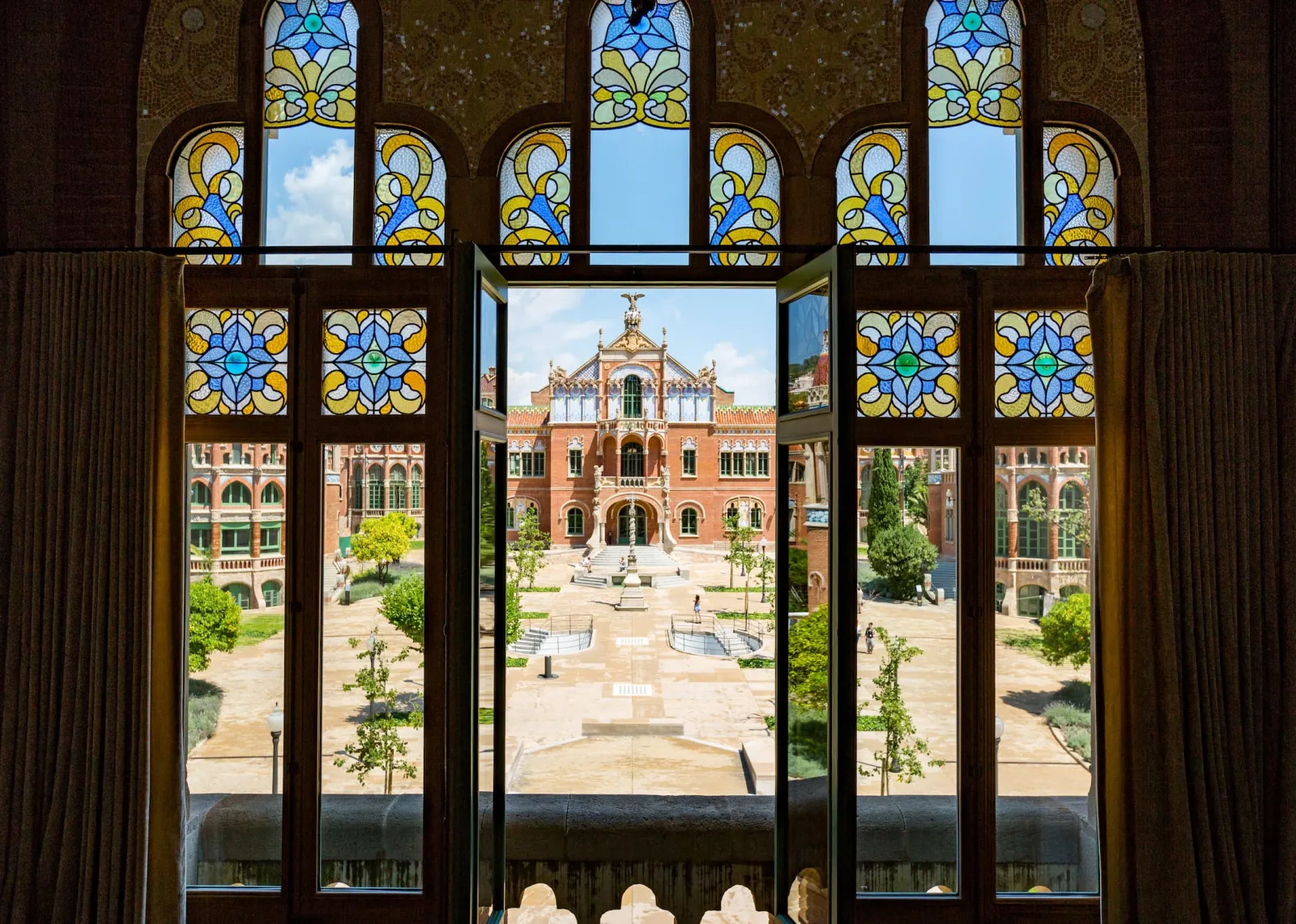
Sustainable mobility
Barcelona is spearheading a sustainable, healthy, environmentally friendly approach to mobility. This means promoting alternative energies and the use of healthy modes of transport, improving public transport systems and embracing electric mobility as a unique “motorised” mode of transport for improving Barcelona’s environmental quality to everyone’s benefit. In 2011 Barcelona became the first city in the world to receive Biosphere certification as a responsible tourism destination.
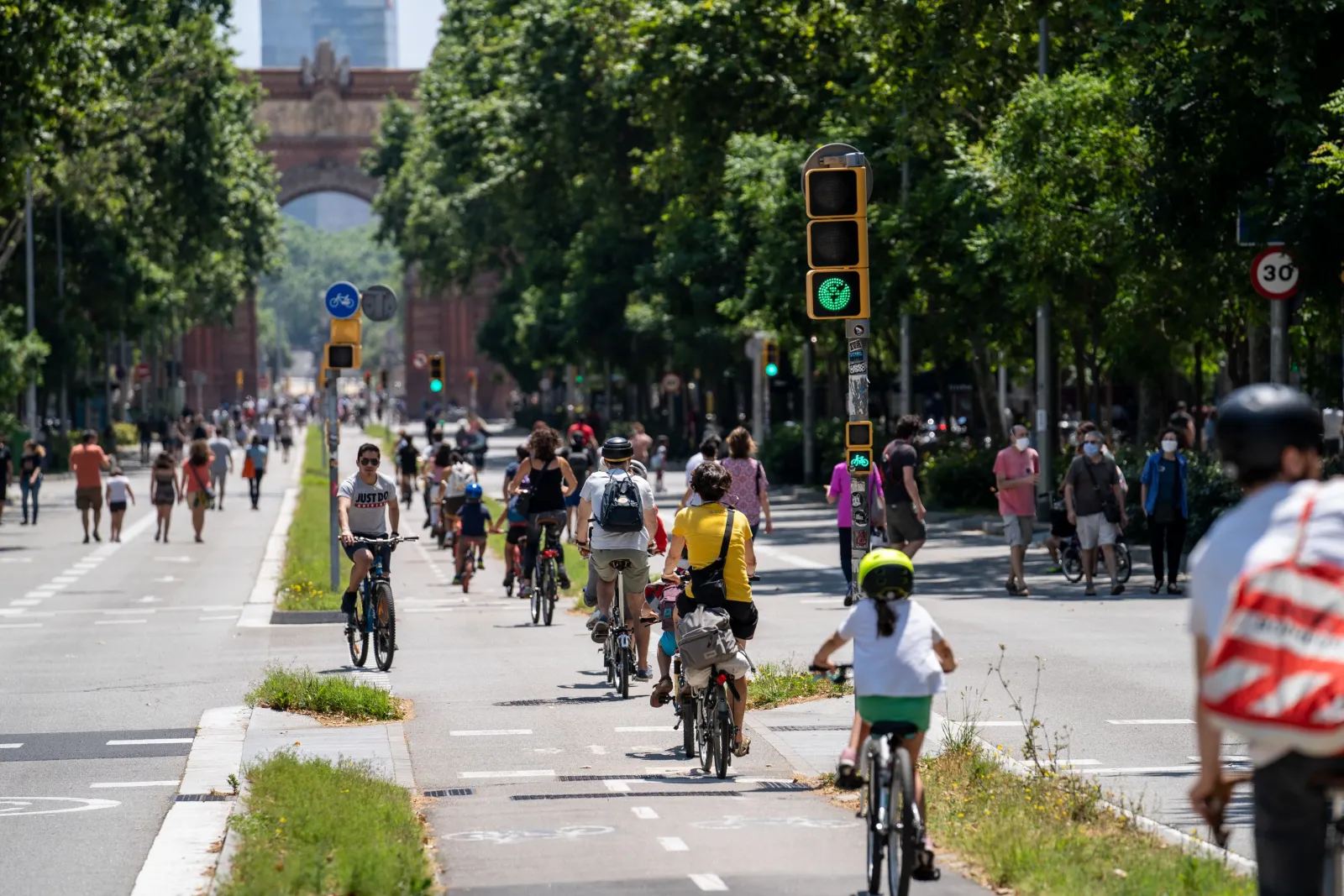
Cycling culture
Barcelona is a city with a rich cycling tradition. It’s made cycling a key part of its mobility strategy, largely thanks to Bicing, Barcelona’s public bicycle sharing system, which it introduced in 2007, and its citywide network of cycle paths spanning over 260 km. The city has a network of public sports facilities, educational programmes such as “Pedala” for secondary-school students, and participation-based events such as the Festa de la Bici and the annual Bicicletada bike ride that strengthen its commitment to physical activity and accessibility.
Barcelona is also a city of races. Since 1911, it’s hosted the Volta Ciclista a Catalunya (the third oldest stage race in the world after the Tour and the Giro), and also hosts events such as the Setmana Catalana de Ciclisme, the Escalada a Montjuïc and international events such as stages of La Vuelta and the Tour.
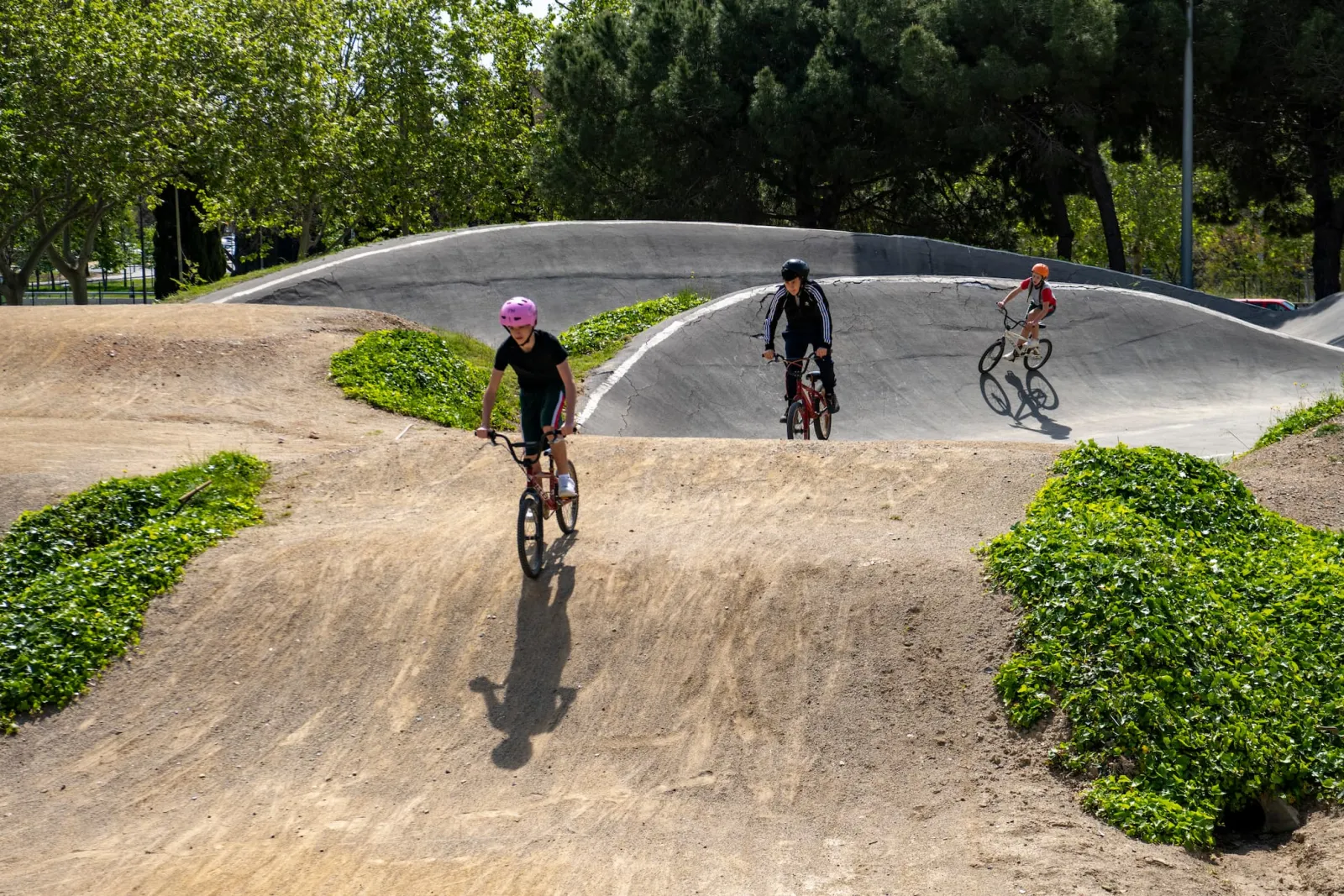
Culture all year round
Barcelona is home to a network of first-class museums, art centres and cultural sites, including the Barcelona Museum of Contemporary Art (MACBA), Catalan National Art Museum (MNAC), and museums focusing on specific artists, such as the Picasso Museum, Joan Miró Foundation and Tàpies Museum, as well as a large number of prestigious art galleries. The city also hosts international festivals such as Sónar, Primavera Sound and the Grec Festival, not to mention the extensive programme of performances at the Liceu, Palau de la Música and Auditori.

A proud culinary tradition
Barcelona is recognised as one of Europe’s leading food cities, with a balance between traditional Catalan cooking, market fare and haute cuisine. Its 39 markets include iconic sites such as La Boqueria and Santa Caterina, and it boasts 29 Michelin-starred restaurants which together have a total of 39 stars. This is a culinary destination with Mediterranean roots and a cosmopolitan perspective.
